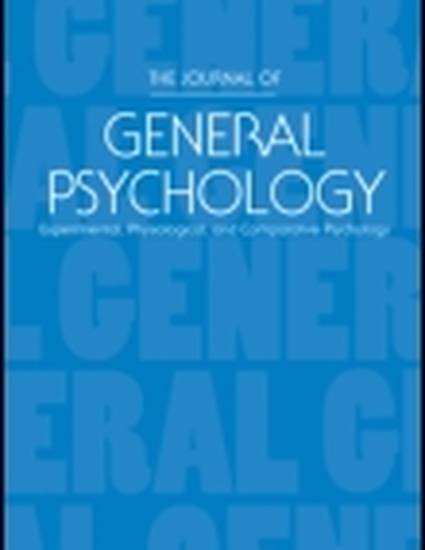
Article
Contextual Connections Within Puns: Effects on Perceived Humor and Memory
Journal of General Psychology
(2000)
Abstract
The supposition that perceived humor or cleverness would be enhanced by adding separate content to the alternative meanings of a pun was explored, using Tom Swifties as the research vehicle. Because detecting a punning word relationship might induce arousal, requiring more effort and attentional resources for processing than noting a contextual connection, memory strength for adverbs was also examined using a recognition procedure. Five studies were conducted in which college students were asked to judge 24 Swifties (content counterbalanced across participants) in which presence of pun and context were manipulated. The punning relationship was primarily responsible for perceived humor and cleverness. Presence of a pun also enhanced memory strength (d') as long as the familiarization task focused on humor and cleverness. Coherent context enhanced perceived cleverness inconsistently. It was suggested that a coherent contextual connection may make a greater contribution in more lengthy forms of pun-based word play, such as fables or "shaggy dog" stories.
Keywords
- Puns and punning,
- Memory,
- Anecdotes,
- Wit and humor
Disciplines
Publication Date
April, 2000
Publisher Statement
Copyright of Journal of General Psychology is the property of Taylor & Francis Ltd and its content may not be copied or emailed to multiple sites or posted to a listserv without the copyright holder's express written permission. However, users may print, download, or email articles for individual use. This abstract may be abridged. No warranty is given about the accuracy of the copy. Users should refer to the original published version of the material for the full abstract.
Citation Information
Louis Lippman and Mara L. Dunn. "Contextual Connections Within Puns: Effects on Perceived Humor and Memory" Journal of General Psychology Vol. 127 Iss. 2 (2000) p. 185 - 197 Available at: http://works.bepress.com/louis-lippman/27/
